You are on CGS' Legacy Site.
Thank you for visiting CGS! You are currently using CGS' legacy site, which is no longer supported. For up-to-date information, including publications purchasing and meeting information, please visit cgsnet.org.
General Content
Professional development for graduate students remains one of CGS's core commitments. The organization has led a variety of initiatives and research projects to encourage programs to make professional development for graduate students a priority.
Professional Development for STEM Graduate Students
The Council of Graduate Schools conducted a pilot project in 2014-16 to study the professional development needs of graduate students in Science, Technology, Engineering and Mathematics (STEM) fields and the programs and resources in place to meet those needs.
The Council of Graduate Schools conducts best practice research on international issues in graduate education that directly impact U.S. institutions, faculty, and graduate students. The projects examining international issues focus on the growing efforts of institutions to develop international collaborations and experiences that bring distinct benefits to all stakeholders and enhance the preparation of U.S.-trained students for successful global research and careers.
The Council of Graduate Schools is passionate about making graduate students more financially literate and empowered. To that end, it has worked with other stakeholders to create tools and provide information to help graduate students take control of their finances.
Scholarly Integrity and the Responsible Conduct of Research (RCR)
The Council of Graduate Schools is committed to advancing the scope and quality of graduate education in the ethical and responsible conduct of research. Since 2003, CGS has worked with members to develop promising practices in responsible conduct of research (RCR) and research ethics education for graduate students. Please see below for an overview of current and prior best practice initiatives in this area and links to the project pages.
The Council of Graduate Schools is leading discussions for how to change doctoral education and create future generations of doctorate holders ready to tackle tomorrow's challenges.
117th Congress
CGS, higher education community, and coalition letters to Congress regarding legislation and nominations.
The Administration
CGS, higher education community, and coalition letters, comments, and feedback on administrative policies and regulations.
The Federal Courts
Higher education community amicus briefs joined by CGS.
A recent PhD recipient in Cellular, Molecular and Biomedical Sciences from the University of Vermont, Rajiv Jumani’s research focuses on fighting child mortality and growth defects. While growing up in Bangalore, India, Jumani’s interest in biomedical research grew as he witnessed doctor’s inability to treat communicable diseases. He pursued his undergraduate degree in biotechnology engineering and worked on vaccine development and phage therapy for a few years before deciding to enter a graduate program.
Rajiv’s doctoral work was primarily, “to guide identification and development of drugs against the neglected diarrheal disease cryptosporidiosis.” He collaborated with researchers around the world, and his work led to the discovery of a promising compound to use to develop a pharmaceutical treatment for Cryptosporidiosis that maximizes the rate of parasite elimination.
Rajiv is now working as an investigator at the Novartis Institute for Tropical Diseases, a public private partnership between Novartis and the Singapore Economic Development Board to identify innovative treatments and prevention methods for major tropical diseases in developing countries, specifically malaria, dengue fever, and tuberculosis. To learn more about Rajiv’s work visit the University of Vermont website.
Visit the GradImpact Feature Gallery to learn more about the amazing, innovative research being done by graduate students and alumni across the world.
Photo Credit: University of Vermont
The CGS GRADIMPACT project draws from member examples to tell the larger story of graduate education. Our goal is to demonstrate the importance of graduate education not only to degree holders, but also to the communities where we live and work. Do you have a great story to share about the impact of master’s or doctoral education? Visit our WEBSITE for more information.
Graduate students in the humanities face many challenges. The academic job market keeps getting tighter, student debt loads bigger. A doctorate these days isn’t worth it, critics have argued. But the results of a new survey, released on Thursday by the Council of Graduate Schools, push back a bit against that gloomy narrative.
A large majority of humanities Ph.D.s believe that their graduate programs prepared them well for their eventual jobs, academic or not, especially over time. And all those jobs appear to require many of the same kinds of skills, according to a new report from the Council of Graduate Schools.
PRESS RELEASE
EMBARGOED UNTIL: October 18, 2018 at 12:01 a.m. EDT
Contact: Katherine Hazelrigg
(202) 461-3888 khazelrigg@cgs.nche.edu
Washington, DC – The Council of Graduate Schools today released a research brief that reports on humanities PhD holders’ perceptions of the relevance of their doctoral programs to their current jobs. The brief, which draws on data from the CGS PhD Career Pathways project, indicates that the vast majority of humanists, regardless of employment sector, believe their doctoral education prepared them well for their current jobs.
Key Findings:
- Three years post-PhD, humanists working in non-academic jobs saw their training less aligned with their jobs than did those in academia; 52% of those in non-academic jobs reported that their PhD prepared them well for their current job, as compared to 77% of those in academia. For humanities PhDs eight- and 15-years postgraduation, however, there was no statistical difference in perception of preparation between those working in academia and those working elsewhere.
- Most humanities PhDs would pursue a PhD in general or in the same field, if they had to start over again.
- Between humanities PhDs working in academia and those working elsewhere, there are more similarities than differences in key skills and attributes important for successfully performing work. Attributes such as “leadership,” “adaptability and flexibility,” and “analytical thinking” were rated as almost identically important across both groups.
The findings are based on survey responses from 882 doctoral degree recipients from 35 institutions; fields included Anthropology and Archeology, English Language and Literature, Foreign Language and Literature, History, Philosophy, Religion and Theology, and Arts and Humanities. The data were collected as part of the project Understanding PhD Career Pathways for Program Improvement and represent a small subset of the data available.
“While these findings represent the first wave of our data, they provide a strong indication that humanities PhDs find their training relevant to diverse career contexts,” said CGS President Suzanne Ortega. “Perhaps the most intriguing finding is that people eight and 15 years out of their PhDs find their training more relevant to their jobs than the earlier cohort.”
It’s not clear whether alumni views grow more positive over time because they have had the time to find a job that is a better fit for their skills, or whether those eight- and 15-years post-graduation come to have a different appreciation of their preparation. “Whatever the reason,” said Ortega, “this is good evidence that recent PhDs can use extra support in finding a job that’s right for them.”
This phase of PhD Career Pathways builds upon a decade of CGS initiatives dedicated to illuminating PhD career pathways and encouraging universities to value diverse career options for graduate students. Previous research from the Council of Graduate Schools conducted in partnership with the National Endowment for the Humanities indicates that humanities programs can successfully broaden options and opportunities for humanities PhDs by choosing vocabulary that supports the goals of PhD career diversity (e.g., using the term “flexible career paths” instead of “Plans A and B”); actively listening to and engaging important voices (such as students, alumni, and faculty); developing external partnerships; and removing administrative roadblocks.
CGS plans to release additional research briefs this fall that will include all fields of study, and in early 2019, the first results from a survey of PhD students in their second and fifth years of study.
About the project:
CGS PhD Career Pathways is a coalition of 65 doctoral institutions working to better understand and support PhD careers across all broad fields of study. Universities collect data from current PhD students and alumni using surveys that were developed by CGS in consultation with senior university leaders, funding agencies, disciplinary societies, researchers, and PhD students and alumni. The resulting data allow universities to analyze PhD career preferences and outcomes at the program level and help faculty and university leaders strengthen career services, professional development opportunities, and mentoring. Additionally, participating universities are able to compare their data on PhD career preferences and outcomes with CGS’s national dataset.
This project is supported by The Andrew W. Mellon Foundation (grant #31600612) and the National Science Foundation (grant #1661272).
###
The Council of Graduate Schools (CGS) is an organization of approximately 500 institutions of higher education in the United States and Canada engaged in graduate education, research, and the preparation of candidates for advanced degrees. The organization’s mission is to improve and advance graduate education, which it accomplishes through advocacy in the federal policy arena, research, and the development and dissemination of best practices.
Any opinions, findings, and conclusions or recommendations expressed in this material are those of the author(s) and do not necessarily reflect the views of The Andrew W. Mellon Foundation or the National Science Foundation.
CGS Letter Thanks Congress for Passage of Opioid Bill
On October 10, CGS sent a letter thanking Congress for passing H.R. 6, the Substance Use-Disorder Prevention that Promotes Opioid Recovery and Treatment (SUPPORT) for Patients and Communities Act, which would address the growing opioid epidemic in the U.S. In particular, the letter highlights a new program that would repay the student loans of healthcare professionals in substance use disorder occupations, serving as an incentive for entry into these high-demand fields.
View letter here.

CGS thanks the following exhibitors for their support of the 2020 CGS Virtual Annual Meeting.
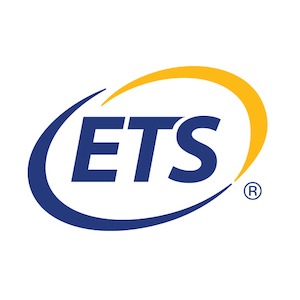 |
Founded as a nonprofit in 1947, ETS advances quality and equity in education by creating assessments based on rigorous research. We develop, administer and score more than 50 million tests annually in more than 180 countries, at over 9,000 locations worldwide. The GRE tests and services help institutions advise prospective students, create smart recruitment strategies, and evaluate and compare applications.
Navigating Holistic Admissions for a Stronger Graduate Program
Contact: Matt Bashi-Kadlubowski |
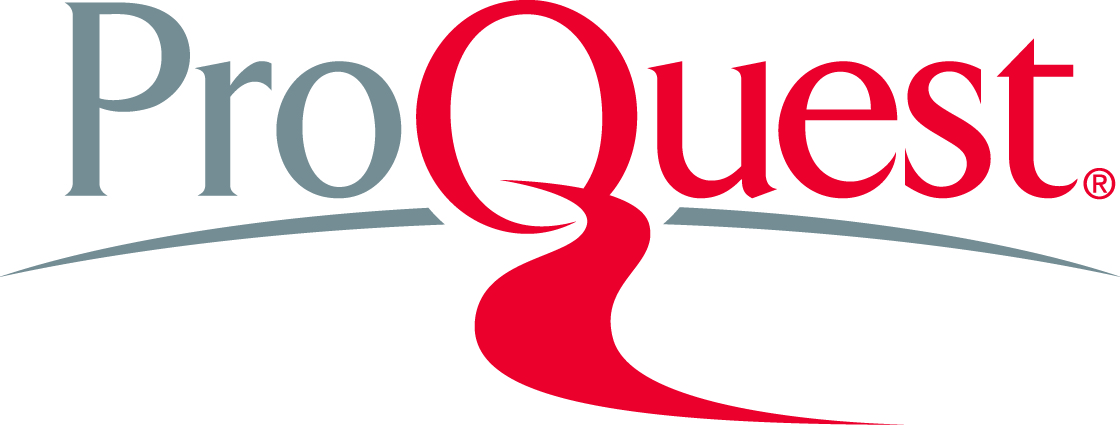 |
ProQuest curates six centuries of content – the world’s largest collection of journals, ebooks, primary sources, dissertations, news, and video – and builds powerful workflow solutions to help libraries acquire and grow collections that inspire extraordinary outcomes.
Contact: Gilia Smith |
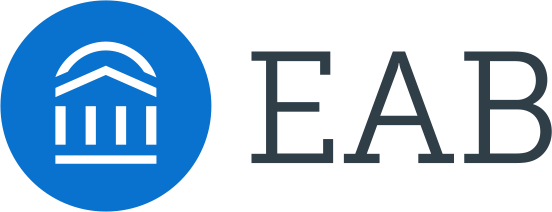 |
EAB partners with education leaders, practitioners, and staff to drive results across three key areas: enrollment management, student success, and institutional operations and strategy.
3 Key Strategies to Recruit Graduate, Online, and Adult Students
Contact: Jocelyn Powers |
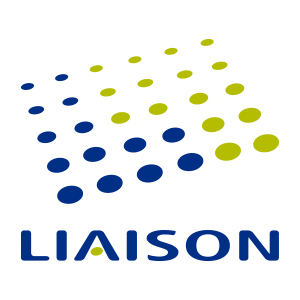 |
At Liaison, we help higher education institutions identify, recruit, and enroll best-fit students with improved outreach, application, and enrollment processes.
Download the newest edition of The Admissionist magazine
Contact: Judy Chappelear |
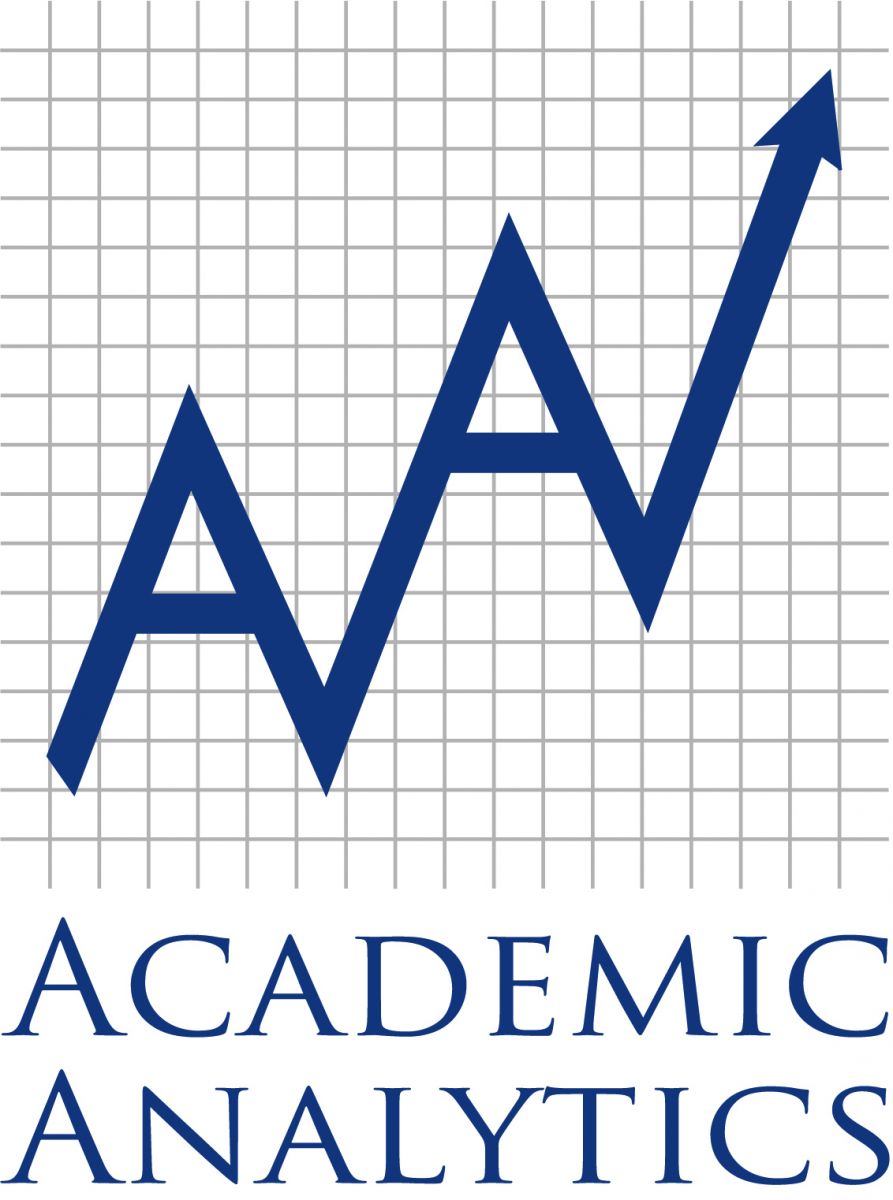 |
Academic Analytics is a full-service source for data to explore faculty research activity, facilitate faculty development, analyze research trends among peer universities, and better follow the careers of graduate and postdoctoral alumni. Our tools are the gold standard among provosts, research officers, and graduate deans for obtaining critical insight about their university through accurate, up-to-date context from the national landscape.
Learn More About Academic Analytics
Contact: Brenda Cooper
|
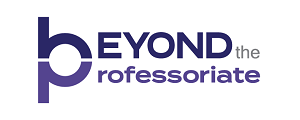 |
Beyond the Professoriate is a mission-driven organization that provides professional development to doctoral students, postdocs, and recent PhDs. We support graduate schools in their mission of preparing graduate students for careers after their degrees or postdocs.
Beyond Prof Resources For Graduate Schools
Contact: L. Maren Wood |
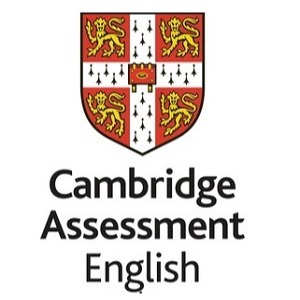 |
Cambridge Assessment English is a department of the University of Cambridge and we develop a wide range of English language exams and tests for learners of all abilities and ages. Globally accepted by thousands of leading colleges and universities, our secure exams are a mark of excellence and give students the skills they need to succeed.
First Choice for Universities Worldwide
Contact: Pete Novak |
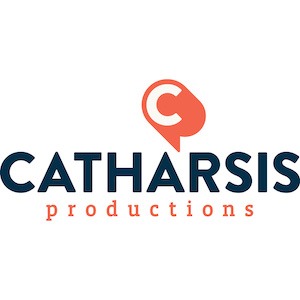 |
At Catharsis Productions, our mission is to change the world by producing innovative, accessible and research-supported programming that challenges oppressive attitudes and shifts behavior. We're pleased to introduce U Got This 2! - online Title IX related training for graduate/professional and non-traditional students.
Catharsis Productions Graduate Program Information
Contact: Barbara Wells |
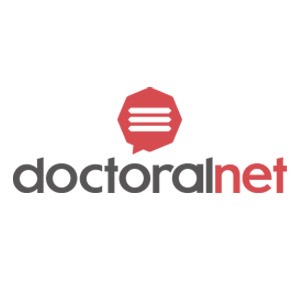 |
DoctoralNet Ltd's mission is to provide top quality academic and professional development services to universities, inexpensively and at scale, through use of technology.
Video: A New Model for Remote Research Bootcamps
Contact: Michael Amaloo |
 |
Digital Commons™ is Elsevier’s suite of best-in-class turnkey solutions for institutions to openly publish, manage and promote the full spectrum of their work. Over 600 institutions — and growing — use Digital Commons to preserve and promote their intellectual output and expertise.
Case Study: Serving Your Institution’s Strategic Goals with Your Repository
Contact: Manisha Wolak |
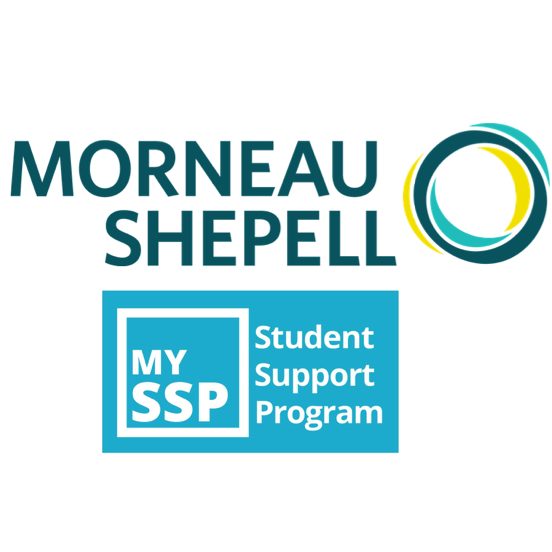 |
Graduate students are 6X more likely than the general student population to experience anxiety and depression. The My SSP student support program was developed specifically with college student mental health, early intervention, student success, and cultural/language diversity in mind. My SSP offers 24/7 multilingual real-time and crisis chat and phone support. Ongoing dedicated support is in-person, by video, or phone.
My SSP Overview: Student Support Program Details
Contact: Colleen Hunter |
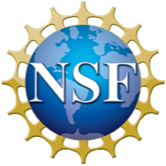 |
The National Center for Science and Engineering Statistics (NCSES) within the National Science Foundation conducts the Survey of Earned Doctorates (SED) an annual census of all individuals receiving a research doctorate from an accredited U.S. institution in a given academic year, and provides information on the doctoral recipient's educational history, demographic characteristics, and postgraduation plans.
Special Report: 2019 Doctorate Recipients from U.S. Universities
Contact: Kelly Kang |
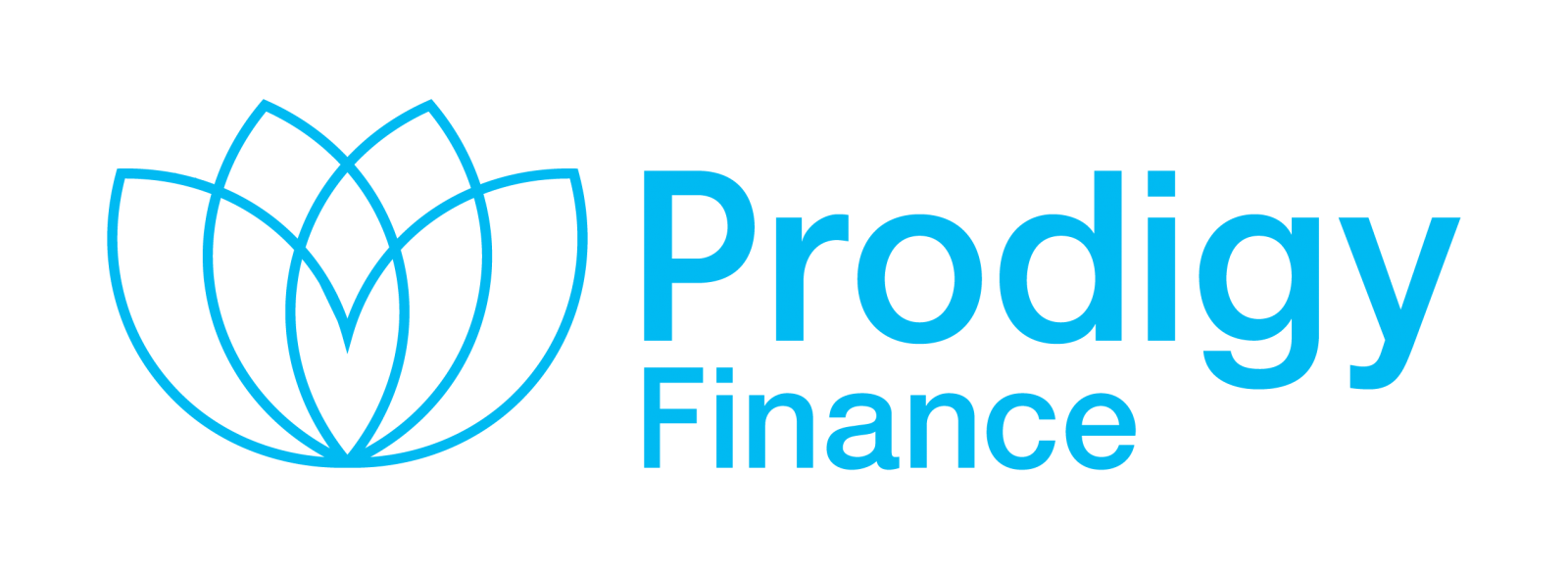 |
Prodigy Finance has helped enroll over 21,000 international graduate students across 750+ schools. Our loans are a practical option for students to independently pay for their education without requiring co-signers, collateral, or credit history. Please connect to find out how we support students while helping internationalize your campus.
Contact: Molly Dineen |
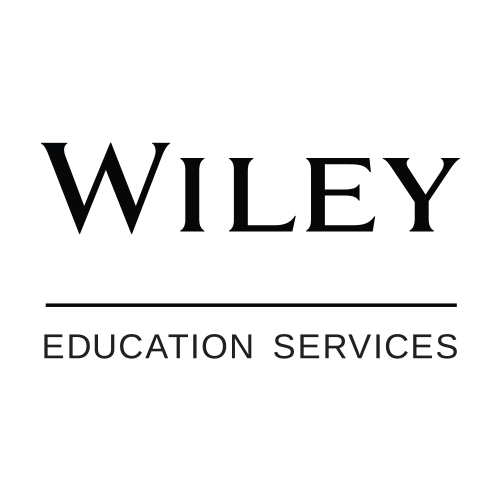 |
Wiley Education Services, a division of Wiley, is a leading global provider of technology-enabled education solutions that meet the evolving needs of universities, corporations, and, ultimately, learners. We partner with more than 60 institutions across the U.S., Europe, and Australia, and support over 800 degree programs.
The Power of Flexible Partnership: Case Studies of a Diverse Group of Institutions
Contact: Kathy MacGeorge |
As a pediatric cancer survivor, Kelilah Wolkowicz knew she wanted to spend her life helping people. A recent PhD recipient in mechanical engineering from The Pennsylvania State University, Wolkowicz’s research focused on the co-creation of a robotic wheelchair as part of the Vehicles and Systems Group in Penn State’s College of Engineering.
The U.S. has approximately three million people who need wheelchairs to get around. Wolkowicz and other researchers were concerned with designing a robotic wheelchair that would meet the needs of those with a variety of mobility issues. “I’m hoping to improve the quality of life for them,” said Wolkowicz. “We don’t want a person to adapt to a wheelchair that exists; we want to create a wheelchair that adapts to the person.” The design includes sensors that utilize ultrasonic technology and can detect and avoid obstacles. In addition, the wheelchairs are outfitted with lasers that can map the surroundings and act as a GPS system, which could be especially helpful for patients with memory loss.
The robotic wheelchair prototype still needs work to minimize the requirements on the user, but Wolkowicz is confident the next team will make significant advances. Meanwhile she will be continuing her own work as a postdoctoral fellow at Harvard University. “This is what I went to graduate school for,” Wolkowicz said. “I just really want to help people, especially in the medical field.” To learn more about Kelilah’s work visit the Penn State University website.
Visit the GradImpact Feature Gallery to learn more about the amazing, innovative research being done by graduate students and alumni across the world.
Photo Credit: Erin Cassidy Hendrick/Penn State
The CGS GRADIMPACT project draws from member examples to tell the larger story of graduate education. Our goal is to demonstrate the importance of graduate education not only to degree holders, but also to the communities where we live and work. Do you have a great story to share about the impact of master’s or doctoral education? Visit our WEBSITE for more information.




